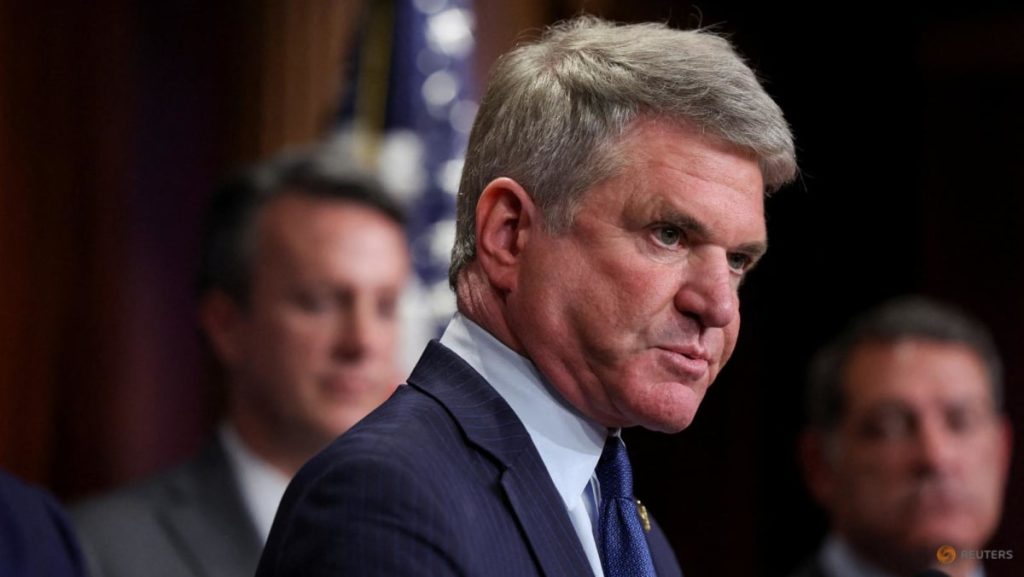The Taiwanese government has strongly condemned China for its ongoing military activities near Taiwan, with particular concern over recent incidents involving drones dropping political slogans written in simplified Chinese characters. This is just one example of the increasing pressure that China has been placing on Taiwan over the past four years through various military exercises. The Taiwanese defense ministry has described these actions as a “cognitive operation trick” and has highlighted the potential threats posed by such provocations.
One recent incident involved the discovery of a cardboard box with political slogans on Erdan islet, part of Taiwan-controlled Kinmen islands near China’s Xiamen and Quanzhou cities. The discovery of the box suspected to have been dropped by a drone outside the line of sight has raised concerns about China’s intentions and the potential for escalating tensions in the region. This incident comes after Taiwan shot down a drone near Kinmen in 2022 following days of harassment, further underscoring the volatile nature of the situation.
Despite the Taiwanese government’s condemnation and concerns about China’s military activities near its borders, China’s defense ministry has remained tight-lipped on the matter. The lack of communication from China raises further questions about its intentions and willingness to engage in dialogue to address these escalating tensions. This silence from China’s defense ministry has only added to the uncertainty and anxiety surrounding the situation in the region.
China’s military has been actively using propaganda videos and animations directed at Taiwan as part of its ongoing military exercises near the island. The Eastern Theatre Command, which is responsible for these drills, has released videos showing rockets firing, emphasizing the “cross-strait lethality” in an apparent show of force. These propaganda efforts are part of China’s broader strategy to intimidate Taiwan and assert its dominance in the region, further exacerbating the existing tensions between the two sides.
The continuous military activities, propaganda efforts, and provocative actions by China near Taiwan have heightened concerns about the potential for conflict in the region. The Taiwanese government has expressed strong opposition to China’s actions and has called for the international community to support Taiwan in defending its sovereignty and territorial integrity. The situation remains volatile, and it is crucial for both sides to exercise restraint and engage in dialogue to prevent any further escalation of tensions that could lead to conflict.
As the situation near Taiwan continues to unfold, the international community must closely monitor developments and work towards finding peaceful solutions to the ongoing tensions. It is imperative for all parties involved to prioritize dialogue and diplomacy to prevent any further escalation that could have serious consequences for regional stability. Taiwan’s condemnation of China’s military activities and its call for international support highlight the urgent need for a concerted effort to address the tensions in the region and prevent any potential conflict from erupting.













